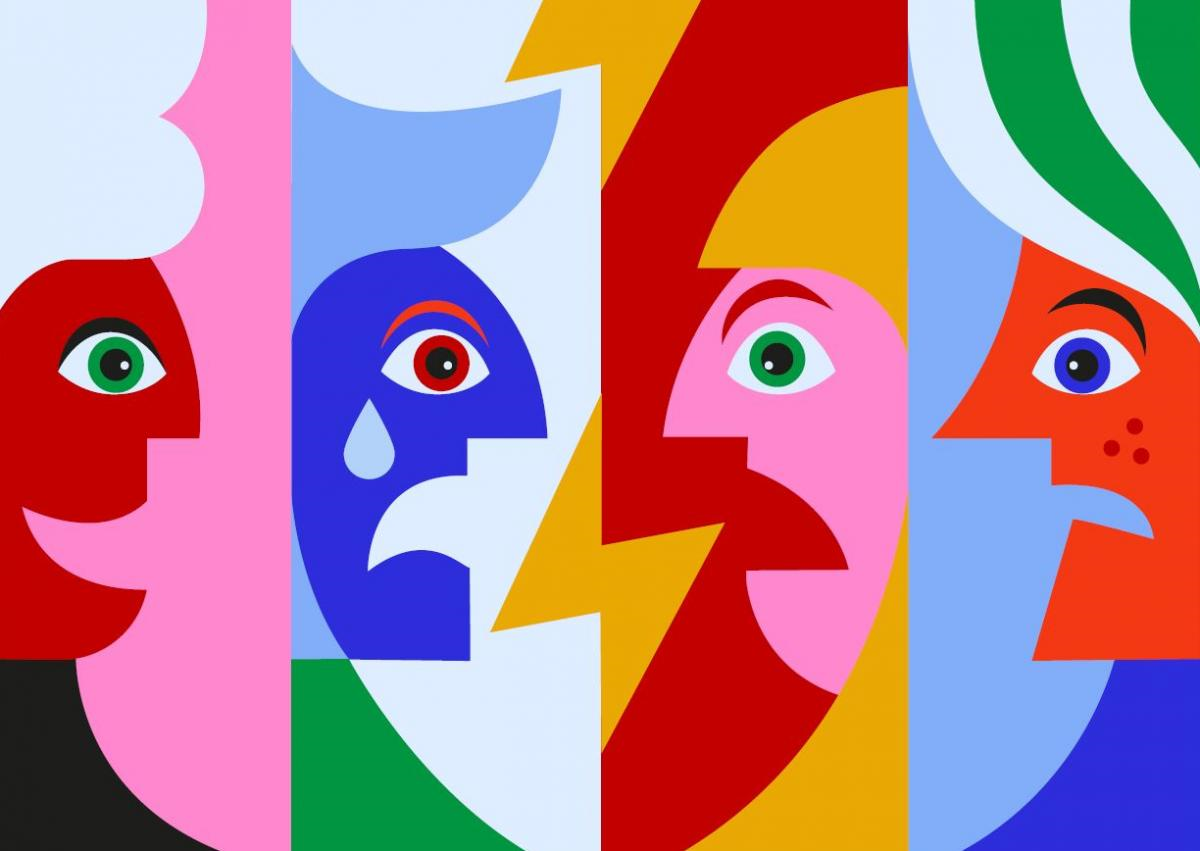Threats and intimidation faced by diversity officers at higher education institutions are ‘completely unacceptable’, says Minister Dijkgraaf. He has announced a plan.
(Illustration: Eveline Schram)
Universities hire diversity officers to counter discrimination and remove obstacles. However, the changes they pursue are felt by some to be too extreme. These critics, some of whom are MPs, often use the term ‘woke’ as a disqualifying pejorative to describe diversity officers.
And this disapproval isn’t just expressed verbally. A journalistic survey of several higher education media outlets published last year revealed that diversity officers not only face verbal abuse but also threats and harassment, online as well as in real life. There have also been instances where their personal data was distributed online without their permission. With their names a matter of public record, even their family members became targets of harassment.
Disturbing
D66 asked parliamentary questions about the survey results. After taking a closer look at the study, Minister of Education Robbert Dijkgraaf replied on Friday that he found the findings disturbing and “completely unacceptable”.
He then announced a new cabinet approach against “online harassment, racism and hate speech”, to be presented before the end of the year. Details of the plan have yet to be revealed. Dijkgraaf also said that he would sit down with diversity officers to talk about their social safety and referred once again to the WetenschapVeilig safety hotline, launched in November of last year. He stressed that higher education staff who are not involved in research can also use this resource to obtain support and advice.
HOP, Peer van Tetterode
Also read our other articles on the topic of diversity and inclusion:
- Figureheads of diversity policy need to be thick-skinned
- How hot topic issues dominate the debate on diversity and inclusion
- Diversity and inclusion in facts and figures.
- How can TU Delft also be a place for neurodivergent students?
- Why diversity policy goals and effects need to be clearer
- How can TU Delft also be a place for neurodivergent students?
- ‘As a woman, I have to really do my best to have my voice heard’
- ‘We want to bridge the gap between Dutch and international students’
- ‘The difference in culture between Dutch and international students is not always understood’
Do you have a question or comment about this article?
redactie@hogeronderwijspersbureau.nl


Comments are closed.